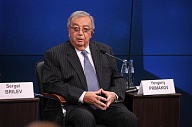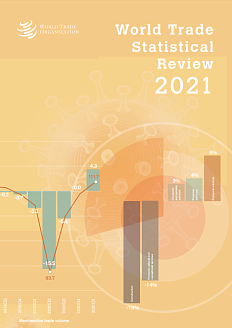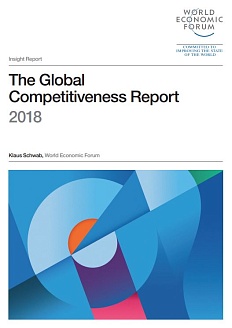The history of 20th century geopolitics largely centres around relations between Russia (then the USSR) and the United States. In 2012 two major figures from the world of government and diplomacy Yevgeny Primakov and Henry Kissinger met at the St. Petersburg International Economic Forum to discuss «Geopolitical Challenges of the 21st Century». The session was one in a series of meetings with leaders entitled «Conversations to Make a Difference».

The arms race and nuclear war
Yevgeny Primakov: I would like to say now that we are very suspicious <...> of the fact that the United States is building a global anti-missile defence system, and that parts of this system are near our borders. I think that everyone needs to understand the correlation between building a system of this ilk and the process of developing aggressive strategic nuclear missiles. Perhaps someone from the United States assumes that we will therefore be drawn into an arms race and that we shall be forced into spending large amounts of money on it. The Soviet Union is no more, and one of the reasons for that is, as I understand it, of course, that it was dragged unwillingly into an arms race, in order to maintain a level footing. However, the situation now is entirely different.
Henry Kissinger: The principle of mutual deterrence, as long as it was confined to the Soviet Union and the United States, was reasonably effective. But even then, it was an effort at the margins of the tolerable. I can say from my personal experience, the problem that occupied me most when I was in office was what I would say to the President of the United States if he told me that all diplomatic means had been exhausted and the only method left was nuclear war between the United States and the Soviet Union, because I would have known that this would involve tens of millions of casualties. You cannot build an international system based on constant readiness to engage in such a catastrophe.
A full broadcast of the session
A nuclear-free world
Yevgeny Primakov: Clearly, we must do everything in our power to ensure the passage, no matter how slow, towards a nuclear-free world. Now, it is very important that China, Britain, and France are included in our bilateral relationship in this area. <...> We can now say with certainty that the treaty which many countries signed on the non-proliferation of nuclear weapons was not a magic solution. I think new ideas are needed, and several of these are good ideas that have been forgotten. I am talking about nuclear-free zones. It is now very important that we work on the plan of creating two nuclear-free zones in the Middle East and the Korean Peninsula. Clearly, both areas include nations that already possess nuclear weapons and are involved in conflicts.
Henry Kissinger: When many countries possess nuclear weapons, even the major deterrent balances will no longer operate, because the shift of countries from one side to the other will become a crucial element.
Intergovernmental organizations
Yevgeny Primakov: The G20 is better than the G8. That is completely obvious, because a larger number of countries will take part in it. Several countries that are not part of the G8 but which should be will be able to take part in the G20 with no problems
Henry Kissinger: So the lesson to learn from the crisis that has occurred is that when you set up an institution, you should think through the implications of its evolution, and not just what you do at the beginning. Europe created a monetary union without a common fiscal policy, and they knew intellectually that this could not really work, but they thought that the immediate advantages of the monetary union might somewhere along the line create a momentum. In repairing that damage, one should think carefully about what the future evolution of it will be. I think one the one hand, it is a severe crisis. On the other, it is also a great opportunity.
The dangers of exporting democracy
Yevgeny Primakov: Neither the United States, nor Russia, naturally, would allow themselves to be dictated to. Nevertheless, there is a gap between sovereignty and democracy. The more democracy you have, the less sovereignty, because many powers are transferred to a supranational level. I believe it is too early for this. The United States is making the same mistake in their attempt to export democracy. Democracy cannot be exported; it must grow from within.
Henry Kissinger: As a child, I lived in a totalitarian system as a member of a persecuted minority, so I know that a democracy is far preferable to any totalitarian system. I personally prefer democratic systems, and would like to see them evolve. But as a historian, I have to say, and I have said it in America, I believe that the evolution of any society needs to follow its own historic rhythm to some extent. So I have a lower estimate than some of my countrymen about the ability to spread democracy by military action in a brief period of time.






